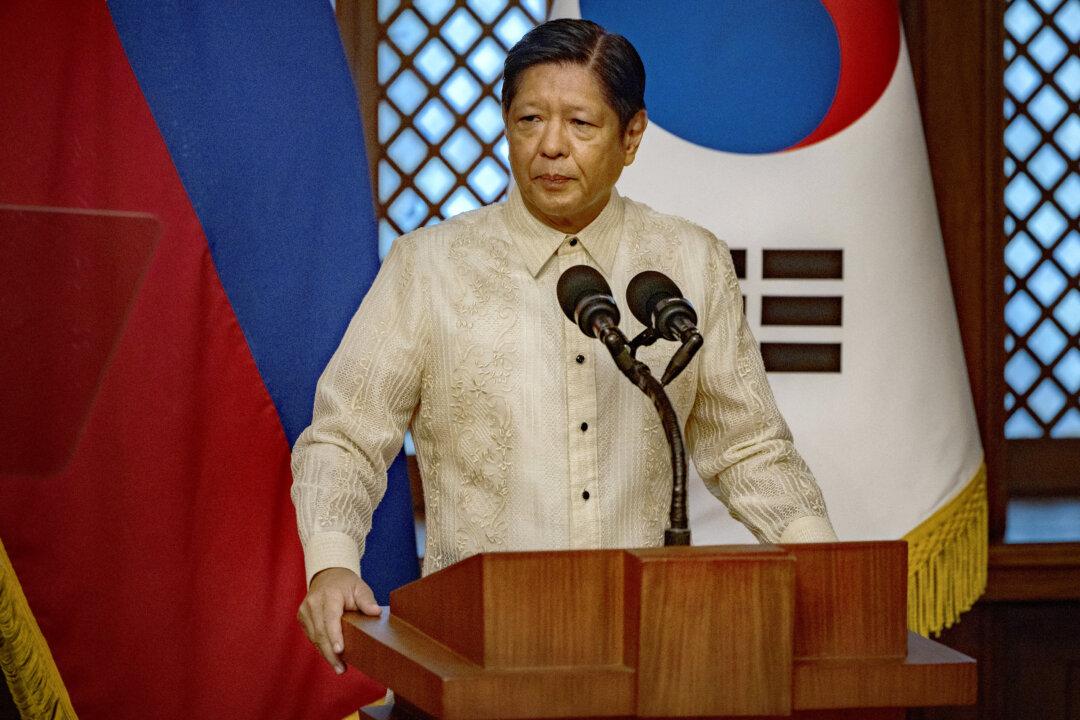Philippine President Ferdinand Marcos Jr. on Nov. 8 signed two new laws to strengthen Manila’s maritime sovereignty and establish sea lanes for passing foreign vessels—a move that drew ire from Beijing.
During a signing ceremony attended by Philippine lawmakers and senior officials, Marcos said the new laws would strengthen the country’s economic development and national security policies.




